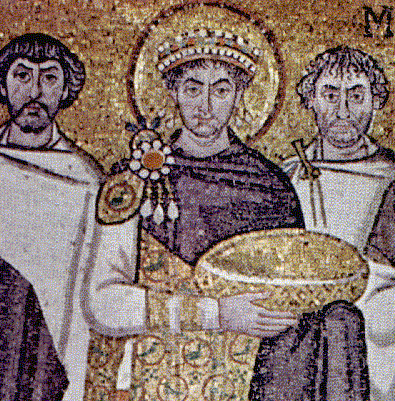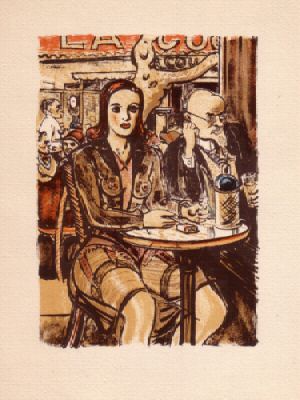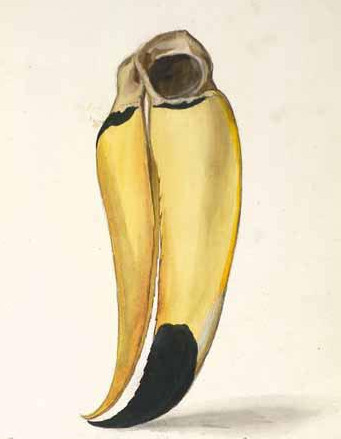FCWWBDNITHBR: Quentin Compson, Part 1...Wherein we learn who this person is and by what means he met his tragic end.
Quentin Comspon:
In the last FCWWBDNITHBR I mentioned that the narrator of Moby-Dick, named Ishmael, is so-called because he is a lost son, cast out and finally cast adrift on the salty expanses of the see. Just as the Biblical Ishmael is disfavored by Abraham who turns his fatherly ambitions rather to his son by Sarah, Isaac at the direction of the God of the Covenant, so was our intrepid narrator pushed away into the ocean and finally wracked by Leviathanous Providence and can only give us his outsider’s perspective on the whole world. We have, today, with us in spirit if never true flesh, another cast aside son, another refugee from the world he was born to.
Quentin Compson (on of four so-named individuals in Faulkner’s universe) was born in 1891 and died in June 2, 1910. So he is indeed a Fictional Character Who Would Be Dead Now If [He] Had Been Real.
Quentin is fascinated a repelled at once by the sordid details of his family history as recounted to him in Absalom, Absalom! He is most attracted/repelled by his own father’s intemperance and apostasy, and his sister’s promiscuity. And he is finally disillusioned entirely when he tries to recreate his own personal and family history with his roommate at Harvard, Shreve. Upon seeing the whole picture assembled he realizes that his ideas of honor, tradition, and propriety are so much tinder for the amoral conflagration of Southern History and Compson family disgrace (his sister’s loss of virginity and eventual unwed pregnancy—the child to be named “Quentin”—serves as the focus for this feeling) the already unstable Quentin drowns himself by jumping off the Charles Bridge with his pockets weighted down.
Faulkner jumps around in time so much in his books that Quentin’s suicide doesn’t prevent him from providing the last lines of Absalom, Absalom! When asked by his roommate why he hates the South so much: “‘I don't hate it,’ Quentin said, quickly, at once, immediately; ‘I don't hate it,’ he said I don't hate it he thought, panting in the cold air, the iron New England dark: I don't. I don't! I don't hate it! I don't hate it!” Yeah…he hates it. But really he hates himself, hates his whole family, hates everything that he believed in that let him down. Graham Greene wrote that if we hadn’t been taught how to interpret the Passion beforehand, it would be easy to decide that Judas loved Jesus and it was Peter what hated the Lord. That’s how thin the line gets between Anger and Love, between Hate and Friendship. In the same way Quentin hates the South because he loves it so much. He denies the South and his feelings about it.
Quentin Compson is a much better written, and much less shallow Holden Caulfield—gifted, sensitive, loyal to his family, but ultimately troubled and lost. Just like Holden, who’s famous denouncement of the “phony” people of the world is act of a secret self-loathing engendered by the thought deep down that he himself is phony, Quentin’s relationship with the South is actually about constituting his own identity and when it falls apart he realizes that he is, himself, nothing of substance and drowns his sorrow, literally.NEXT in FCWWBDITHBR: Part 2, Wherein we examine what narrative purpose and meaning was served by the invention of Quentin Compson.
Labels: FCWWBDNITHBR, literature






0 Comments:
Post a Comment
<< Home